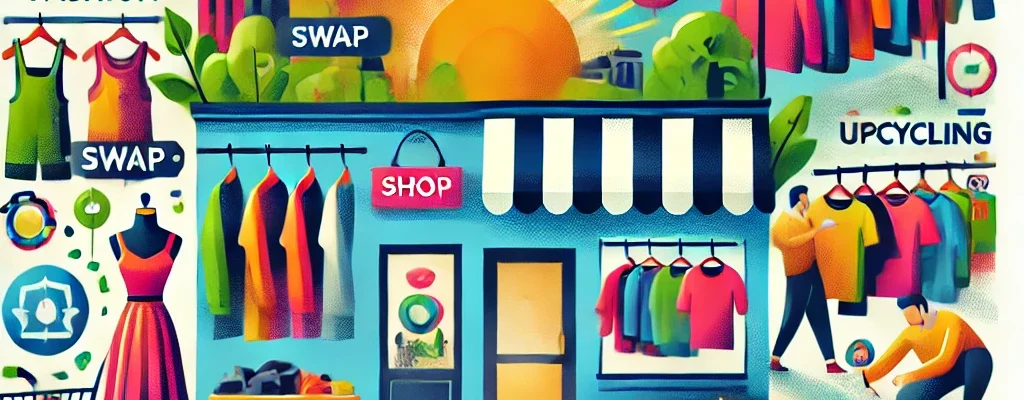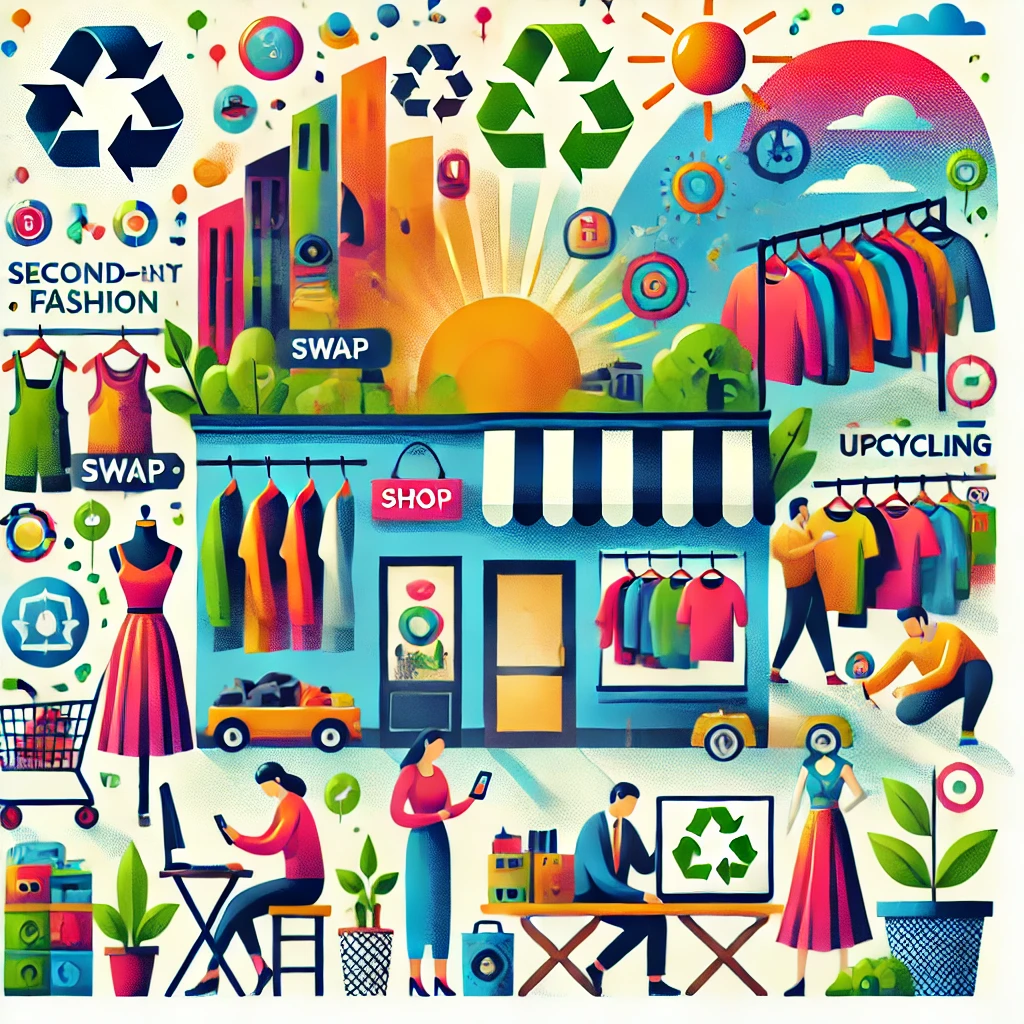

Sustainable Fashion Behavior: The New Norm
We live in a world where discussions about global warming and pollution dominate headlines, yet the fashion industry remains a silent environmental giant. While consumer awareness about the devastating impacts of global production grows, the fahsion industry itself struggles to keep pace. The fast fashion industry churns out 92 million tons of textile waste every year, with only 1% of clothing recycled back into new garments.
These numbers highlight the urgent need for consumers to adopt sustainable habits that influence the fashion industry. With consumer spending driving demand, the industry is forced to respond to shifting priorities. By making mindful choices, individuals signal to brands that sustainability matters to them, pushing for improved transparency, no overproduction, implementing ethical production, and reduced environmental impact, among others.
Consumers have the power to transform the fashion industry through their choices.
Here’s how consumers take actionable steps to foster sustainable fashion behavior:
-
-
Choose Quality Over Quantity: Fast fashion thrives on the buy-discard-repeat cycle. Opt for timeless, durable clothing that lasts longer, reducing the need for constant replacements. Investing in high-quality basics or versatile items will save money and the environment in the long run.
-
Shop Second-Hand: Digital platforms and local thrift stores offer unique and affordable pieces while reducing demand for new production. By giving pre-loved clothing a second life, you divert items from landfills and reduce waste, thus aligning with the "slow fashion" movement.
-
Rent or Borrow Instead of Buying: Some Online services let you borrow outfits for special occasions, drastically cutting down on the overproduction of garments worn only once or twice. Research the ones in your country. If not, you can always switch or rent clothes from your friends and family, because this is a much more sustainable choice than buying new pieces.
-
Repair and Repurpose: Learning simple mending techniques or upcycling old clothes into new designs extends the life of your wardrobe. Community workshops and YouTube tutorials make this easier than ever.
-
Support Sustainable Brands: Look for certifications like Fair Trade, GOTS, or OEKO-TEX, which guarantee ethical production. Research sustainable brands in your country, and support your local manufacturer!
-
Make Laundry Sustainable: Wash clothes less often, use cold water, and air dry. This simple shift can reduce a garment’s carbon footprint by 25% during its lifecycle (WWF).
-
Educate Yourself and Others: Awareness is power. Read about the environmental impact of fast fashion, share resources, and start conversations about sustainability. Consumer advocacy pushes brands toward transparency and better practices.
-
Sustainable fashion behavior is no longer an option—it’s a necessity. With the industry contributing significantly to global pollution and waste, consumers hold immense power to drive meaningful change. By embracing sustainable fashion behavior, we collectively shift fashion production models toward environmental responsibility and ensure that brands meet the demands of a conscious consumer. Change begins with individual action—and together, we can redefine what fashion stands for.

Image source: AI-generated

Gefinancierd door de Europese Unie. De hier geuite ideeën en meningen komen echter uitsluitend voor rekening van de auteur(s) en geven niet noodzakelijkerwijs die van de Europese Unie of het Europese Uitvoerende Agentschap onderwijs en cultuur (EACEA) weer. Noch de Europese Unie, noch het EACEA kan ervoor aansprakelijk worden gesteld.
